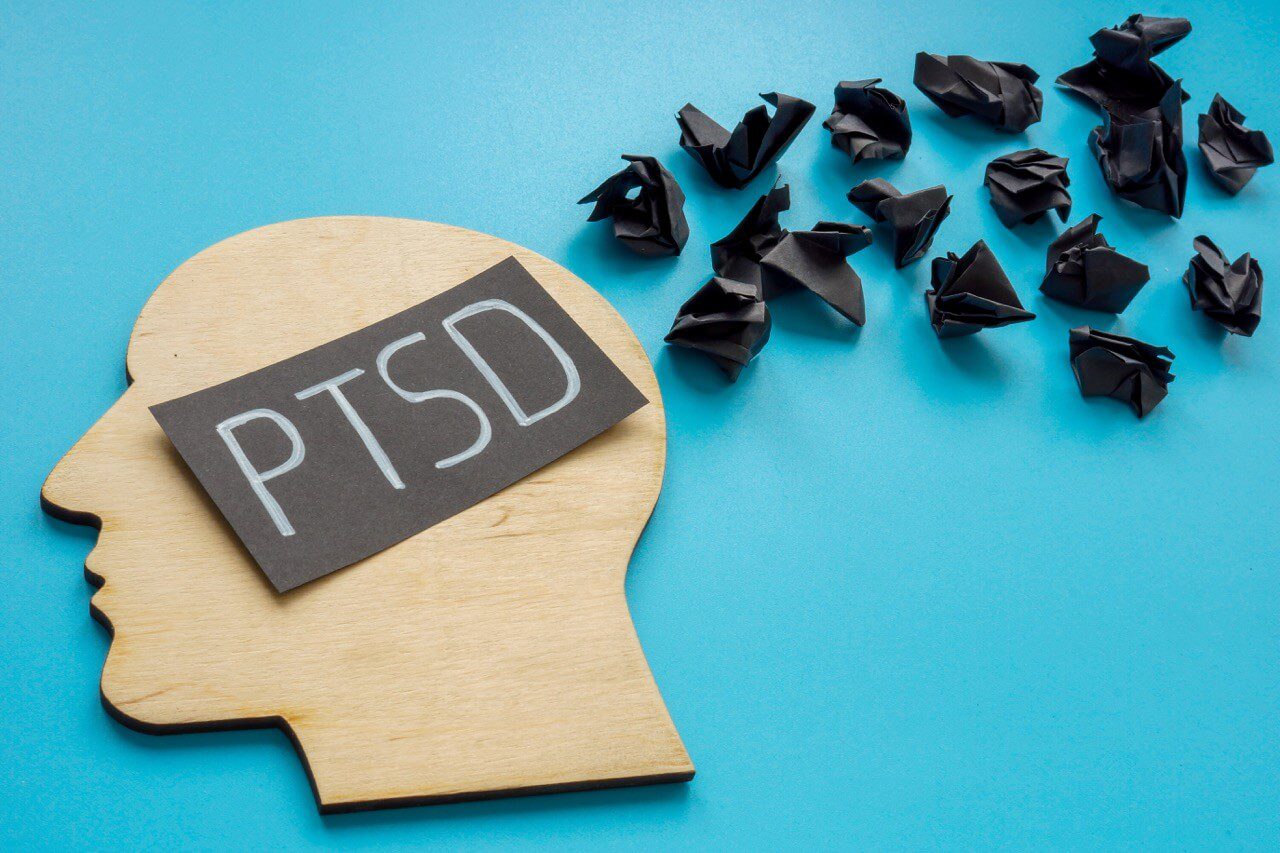PTSD AWARENESS DAY
Each year on June 27th, PTSD Awareness Day recognizes the effects post-traumatic stress has on the lives of those affected by it. The purpose is to raise awareness about the condition and the impact trauma can have on people. This is also a great opportunity to talk with family and friends and learn more about this disorder. And how it affects those around us, particularly our service members.

What is PTSD?
PTSD or post-traumatic stress disorder is a disorder that develops in some people who have experienced a shocking event. It is natural to feel afraid during and after a traumatic situation. Fear triggers many split-second changes in the body to help defend against danger or to avoid it. People who have PTSD may feel stressed or frightened, even when they are not in danger.
During the years of World War I, PTSD is also known by many names such as “shell shock”. And during World War II it’s called “combat fatigue”. But PTSD does not just happen to combat veterans. PTSD can occur in all people, of any ethnicity, nationality or culture, and at any age.
People with PTSD have intense, disturbing thoughts and feelings related to their experience that last long after the traumatic event has ended.

A person with PTSD has four main types of difficulties:
• Re-living the traumatic event –
through unwanted memories, vivid nightmares, flashbacks, or intense reactions such as heart palpitations or panic when reminded of the event.
• Feeling wound up –
having trouble sleeping or concentrating, feeling angry or irritable, taking risks, becoming easily startled, or constantly being on the look-out for danger.
• Avoiding reminders of the event –
activities, places, people, thoughts or feelings that bring back memories of the trauma.
• Negative thoughts and feelings –
feeling afraid, angry, guilty, flat, or numb a lot of the time, losing interest in day-to-day activities, feeling cut off from friends and family.
Between 5 and 10 percent of Australians will suffer from PTSD at some point in their lives. It is not unusual for people with PTSD to experience other mental health problems like depression or anxiety.
Some people may develop a habit of using alcohol or drugs as a way of coping.

It’s important to remember that people need help moving beyond harrowing events. Having PTSD is not a sign of weakness and no one should feel ashamed to seek help.

